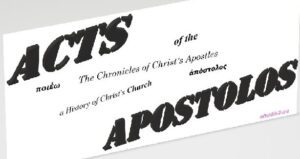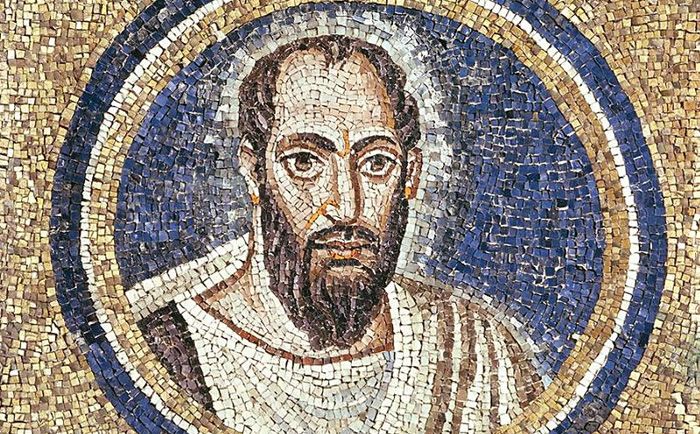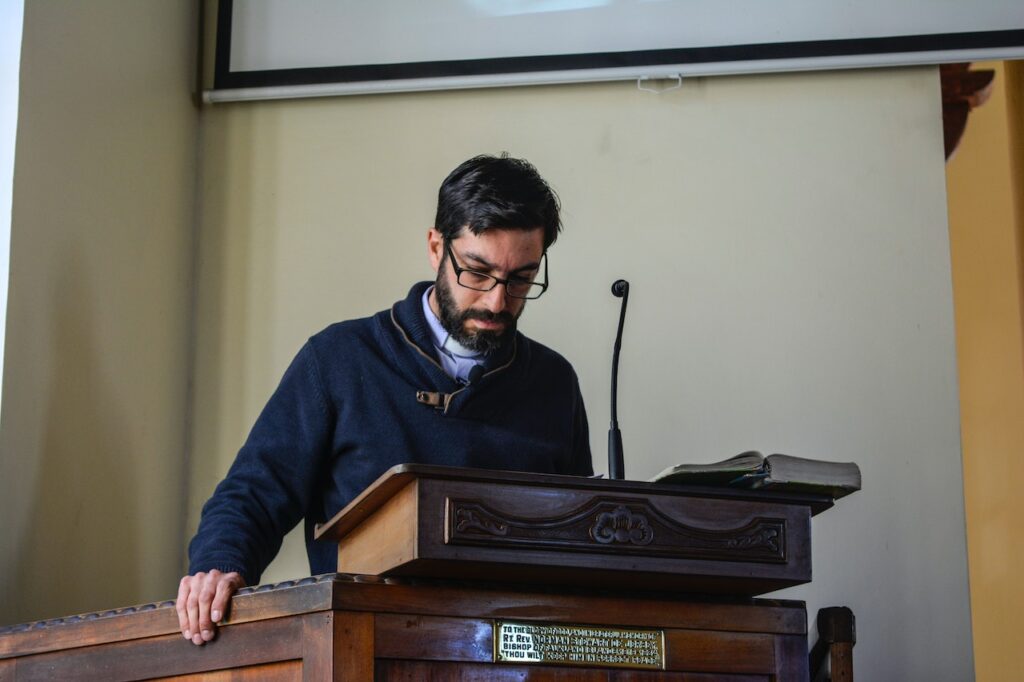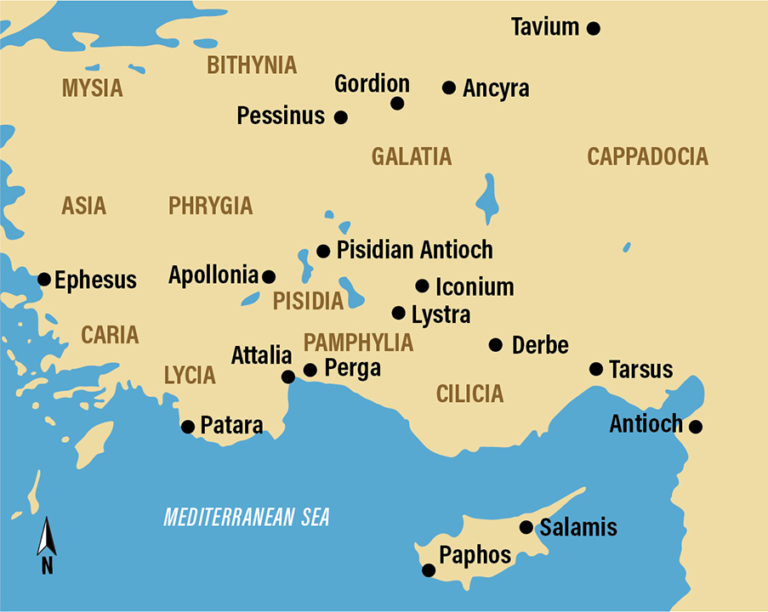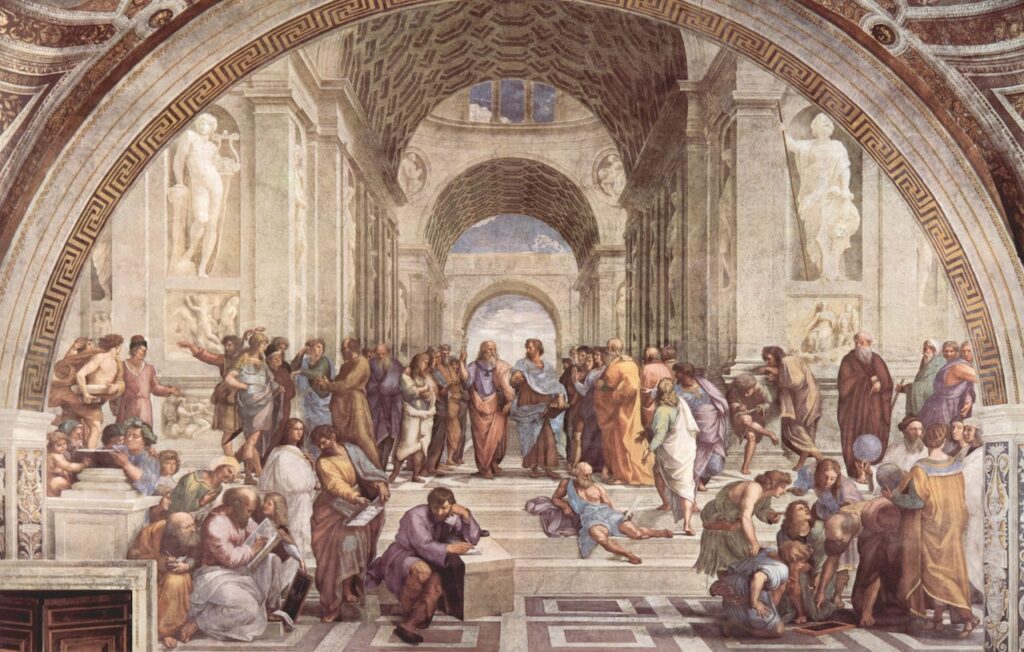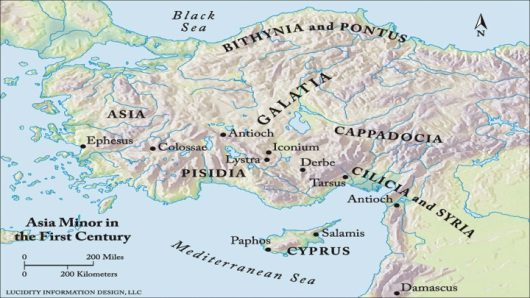FEAR descends upon us without warning when we least expect it. This is what has just happened in places distant from our secure homes and times more near these last days.
Acts of the Apostles 19:
TODAY we return to Ephesus in the first century of our Lord and then quickly jump forward to fearful times ahead and even now in this 21st century of the Common Era. IF you missed the account of Paul's previous preaching of Jesus Christ you might want to look back first.
What do we fear?
Disgrace, as these men ran away from a situation over which they claimed to have power?
DEATH perhaps, IF the enemy should prevail?
The Apostle Paul [Saul of Tarsus] was a RELIGIOUS man once feared by Christians as he pursued the unrighteousness of men and women turned from Almighty God.
But a more powerful JESUS and the Holy Spirit had intervened most unexpectedly. NOW Paul in Christ demonstrates God’s POWER!
ACTS 19 – Believe in JESUS!
6 And when Paul had laid hands on them, the Holy Spirit came upon them..
.. some were hardened and did not believe, but spoke evil of the Way before the multitude..
11 Now God worked unusual miracles by the hands of Paul..and the evil spirits went out of them.
16 Then the man in whom the evil spirit was leaped on them, overpowered them, and prevailed against them..
Acts of the Apostles 19:16a NKJV
PAUL HAD POWER! Unseen power. The Jewish priests observed reactions of people who had witnessed this mysterious unseen power and sought such control of the crowds as well.
18 And many who had believed came confessing and telling their deeds.
We may safely suppose that their confessions included the ordinary sins of every man and woman and their deeds being the evil against God and others so common in our everyday lives.
19 Also, many of those who had practiced magic brought their books together and burned them in the sight of all. And they counted up the value of them, and it totaled fifty thousand pieces of silver.
Fear of the unseen enemy
The LORD GOD is your enemy when YOU SIN against HIM!
Satan and unseen spirits in which many of you do not believe are ENEMIES of the LORD GOD and His only SON JESUS CHRIST sent to SAVE you from the Judgment of your SIN.
This CHOSEN NATION of GOD had sinned and fallen many times.
AND they continued to deny Christ’s grace and power over sin demonstrated in JESUS.
Priests and preachers had sinned against the SON of GOD sent to HIS OWN for forgiveness of SINS.
The King of the Jews was sacrificed on a Roman Cross in Jerusalem.
Paul who by now has confessed Christ witnesses to the gentiles of first century Roman Asia Minor. The Apostle once again demonstrates the power of Jesus Christ OVER sin.
AND as always, there arose a great commotion about the Way. [v.23b]

PHOTO above from the 3-part Gospel Series: 12 Men Texting as their Messiah approaches
a Common Era parable – phobomai
We interrupt these ACTS of the first century for BREAKING NEWS from Israel in this 21st century of the Common Era and a parable of current events.
A man with seven sons and seven daughters whom he had set over an inheritance of great wealth and influence sent them out to build new settlements for his grandchildren. One day his oldest son gathered all of their brothers and sisters for a great music festival of songs celebrating the culture of their fathers.
So as a trumpet sounded from the besieged holy hill beyond the locked gate they departed toward this rave for the ages led by local guides into the valley of the shadow near the salt sea.

To be continued…
In the diaspora, the first day is known by its biblical name, Shemini Atzeret. We still dwell in the sukkah, but without a blessing. Yizkor, the memorial for the departed, is also said on this day. The second day is known as Simchat Torah, during which we complete and immediately begin the annual Torah reading cycle. - source: Chabad.org

7 October, 2023 of the Common Era
At the RAVE of the enemy in the valley of the shadow many fall victim.
It was NOT a festival to the LORD God and the enemy provokes the spirit of evil in any who seek pleasure in sin and death.
May God have mercy on their lost souls.
FEAR
φόβος – phobos – From a primary phebomai (to be put in fear)
- Fear, dread, terror
- that which strikes terror
And the dead man sat up and began to speak. And Jesus gave him back to his mother. And fear [G5401 – phobos] gripped them all, and they began glorifying God, saying,
“A great prophet has arisen among us!” and, “God has visited His people!”
Gospel of Luke 7:15-16 Legacy Standard Bible
“And there will be signs in sun and moon and stars,
Gospel of Luke 21:25-26 LSB
and on the earth anguish among nations,
in perplexity at the roaring of the sea and the waves,
men fainting from fear [G5401 – phobos]
and the expectation of the things which are coming upon the world;
for the POWERS OF THE HEAVENS will be shaken…
We return now from the 21st c. C.E. to a FEAR in those witnessing GOOD in the Name of JESUS in the first century of the Lord in Ephesus recalling:
And this became known to all, both Jews and Greeks, who lived in Ephesus; and fear G5401 fell upon them all and the name of the Lord Jesus was being magnified.
Acts of the Apostles 19-17 LSB
Reaction against the Power of God
IT ALWAYS HAPPENS THAT WHEN GOD WORKS MIGHTY ACTS OF POWER THAT UNGODLY MEN WILL DO EVIL AGAINST THE WITNESSES OF GOD AND CHRIST JESUS.
ACTS 19:23 NKJV
And about that time there arose a great commotion about the Way. For a certain man named Demetrius, a silversmith, who made silver shrines of Diana, brought no small profit to the craftsmen. 25 He called them together with the workers of similar occupation, and said:
“Men, you know that we have our prosperity by this trade. Moreover you see and hear that not only at Ephesus, but throughout almost all Asia, this Paul has persuaded and turned away many people, saying that they are not gods which are made with hands. So not only is this trade of ours in danger of falling into disrepute, but also the temple of the great goddess Diana may be despised and her magnificence destroyed, whom all Asia and the world worship.”
Some men FEAR disgrace, most men and women FEAR death, yet many cling to tradition forged into idols of culture condoning our sin and denying our mortality.
These would lead the leaven of life into a pit of eternal punishment.
“THERE IS NO FEAR OF GOD BEFORE THEIR EYES.”
Paul later writes to the ROMANS, quoting PSALM 36
Now when they heard this, they were full of wrath and cried out, saying,
“Great is Diana of the Ephesians!”
29 So the whole city was filled with confusion, and rushed into the theater with one accord, having seized Gaius and Aristarchus, Macedonians, Paul’s travel companions.
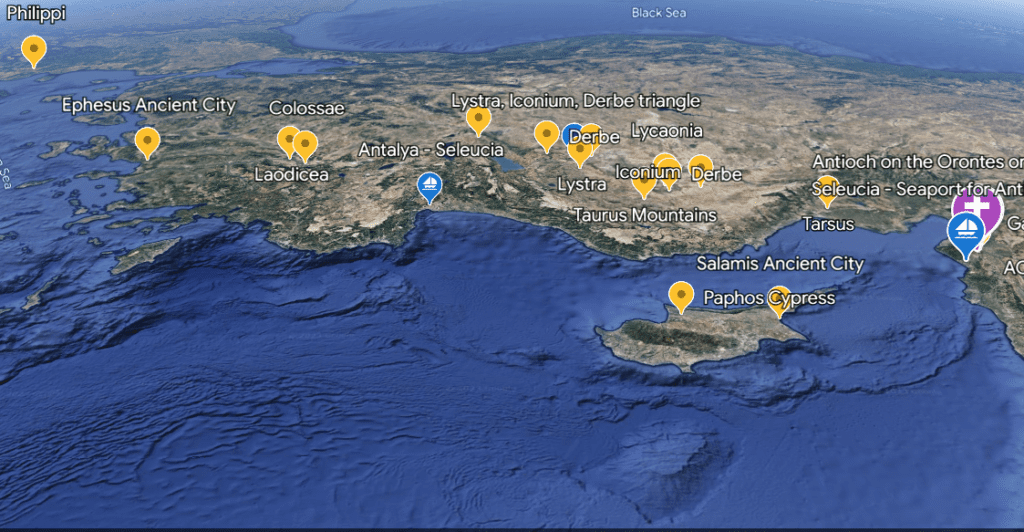
The Apostle Paul’s ACTS in Ephesus – To Be Continued, God-willing…
